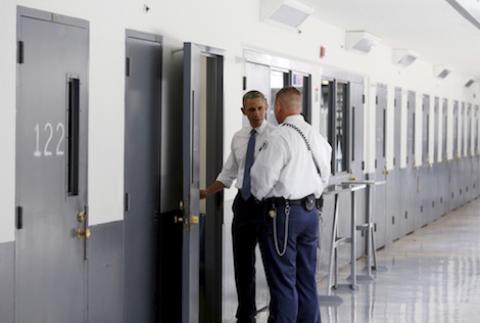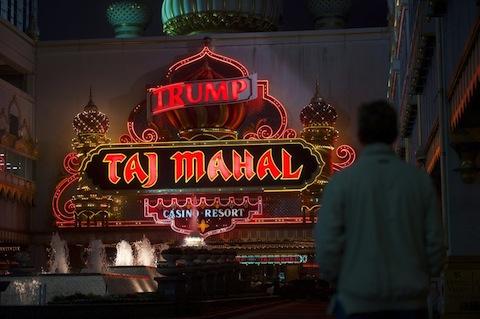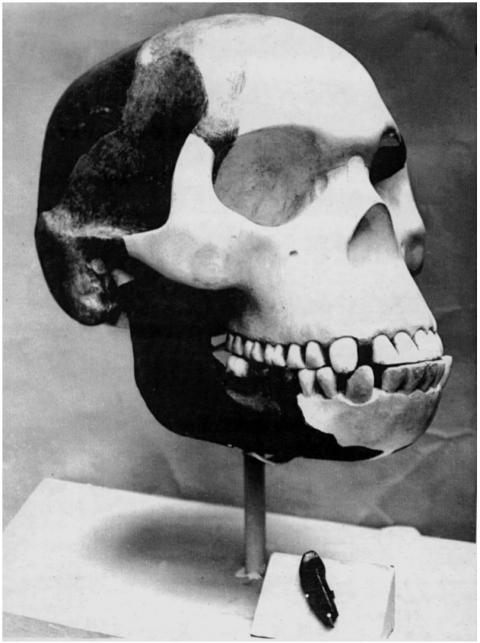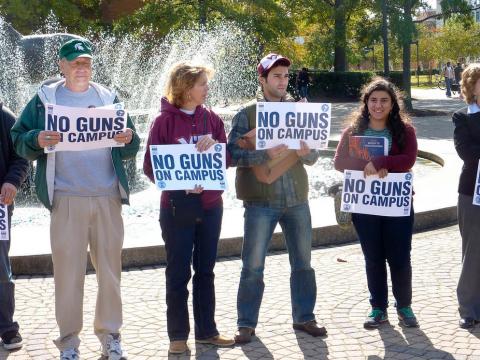Feds End Use of Private Prisons, but Questions Remain




Bryan Stevenson, founder of the Equal Justice Institute, talks about how slavery didn't just end in 1865, but how it evolved through Jim Crow, segregation and mass incarceration.
A new museum in Alabama is designed to reveal the racial challenges of our nation's history and the opportunities for a future where we engage in truth and reconciliation.
An Equal Justice Initiative project is engaging hundreds of people to collect soil at lynching sites and to create community remembrance projects that tell the stories of lynching victims.
A dynamic new memorial to lynching victims seeks to inspire local efforts to make the history of racial terror in America more visible and tangible, challenging each county where a racial terror lynching took place to permanently install a memorial to the victim.


Spread the word